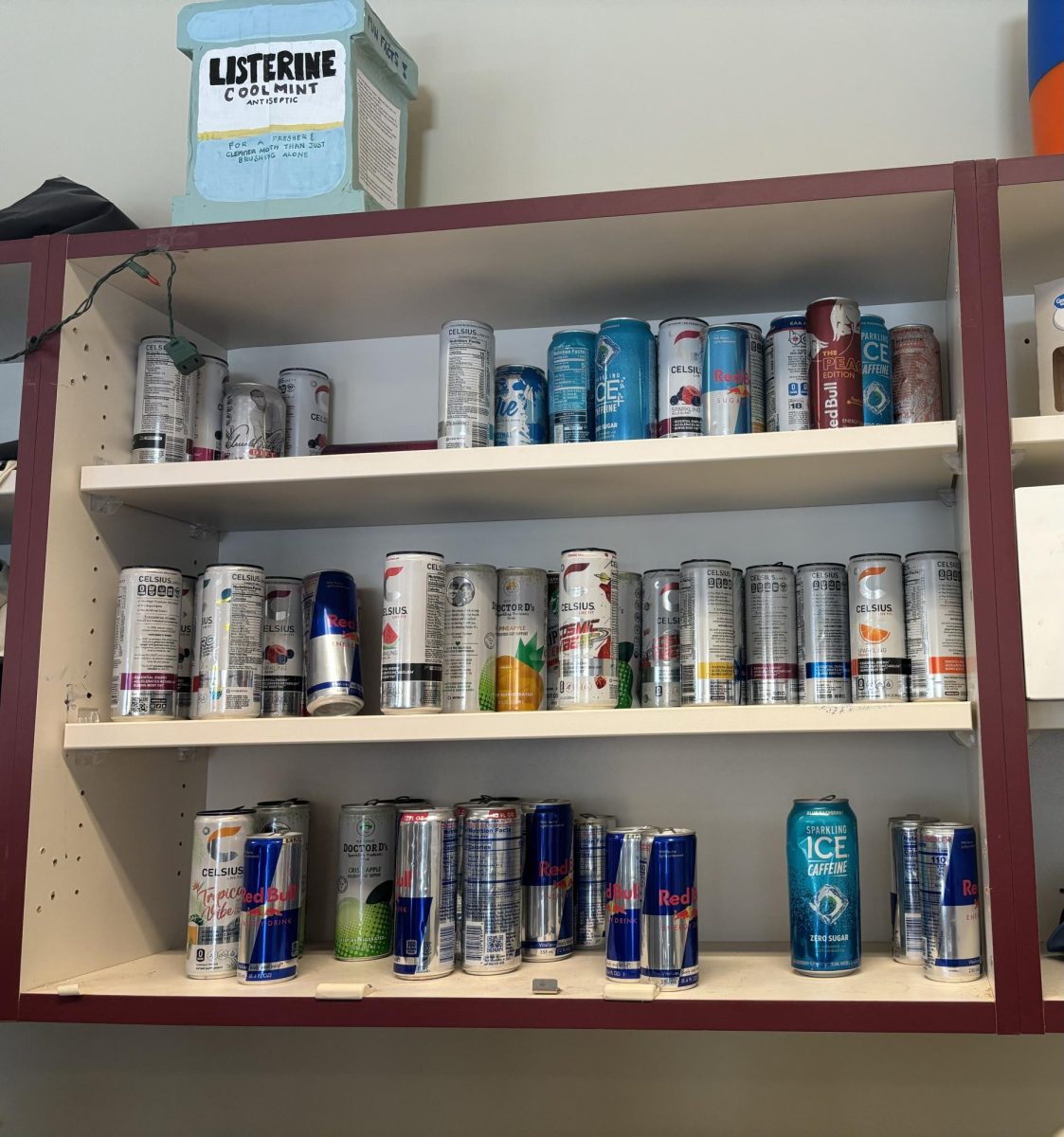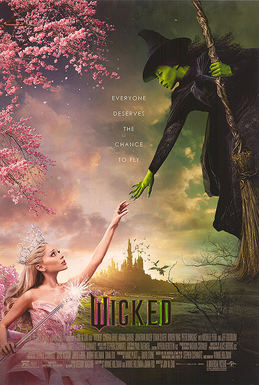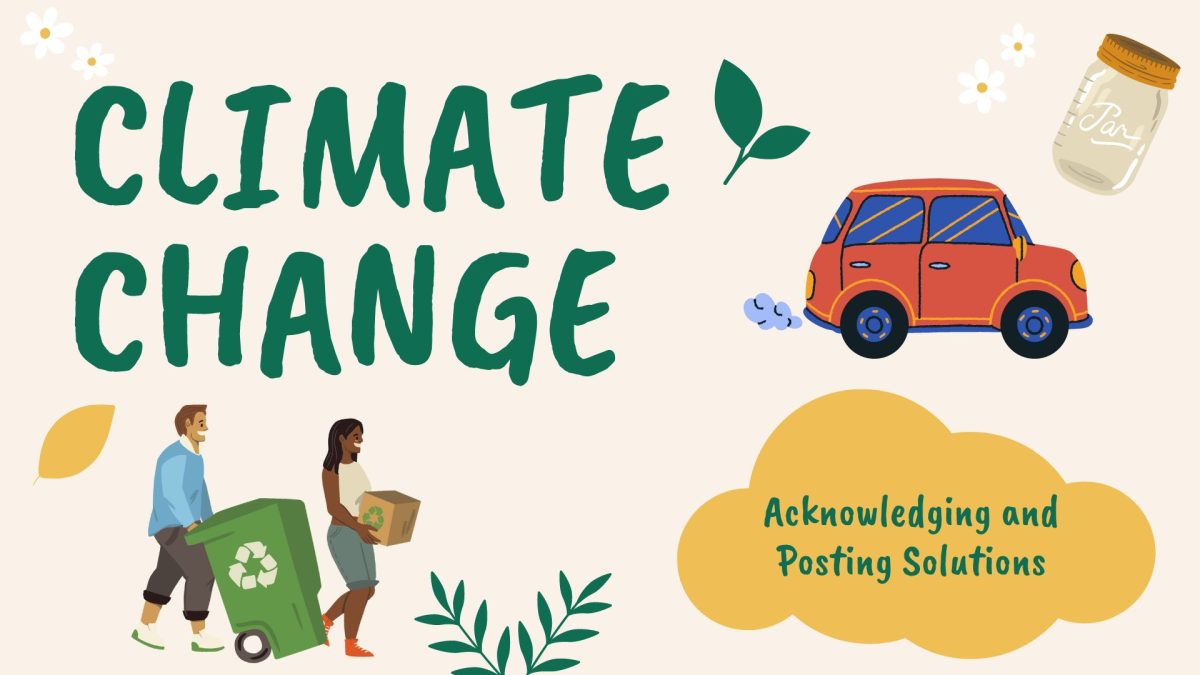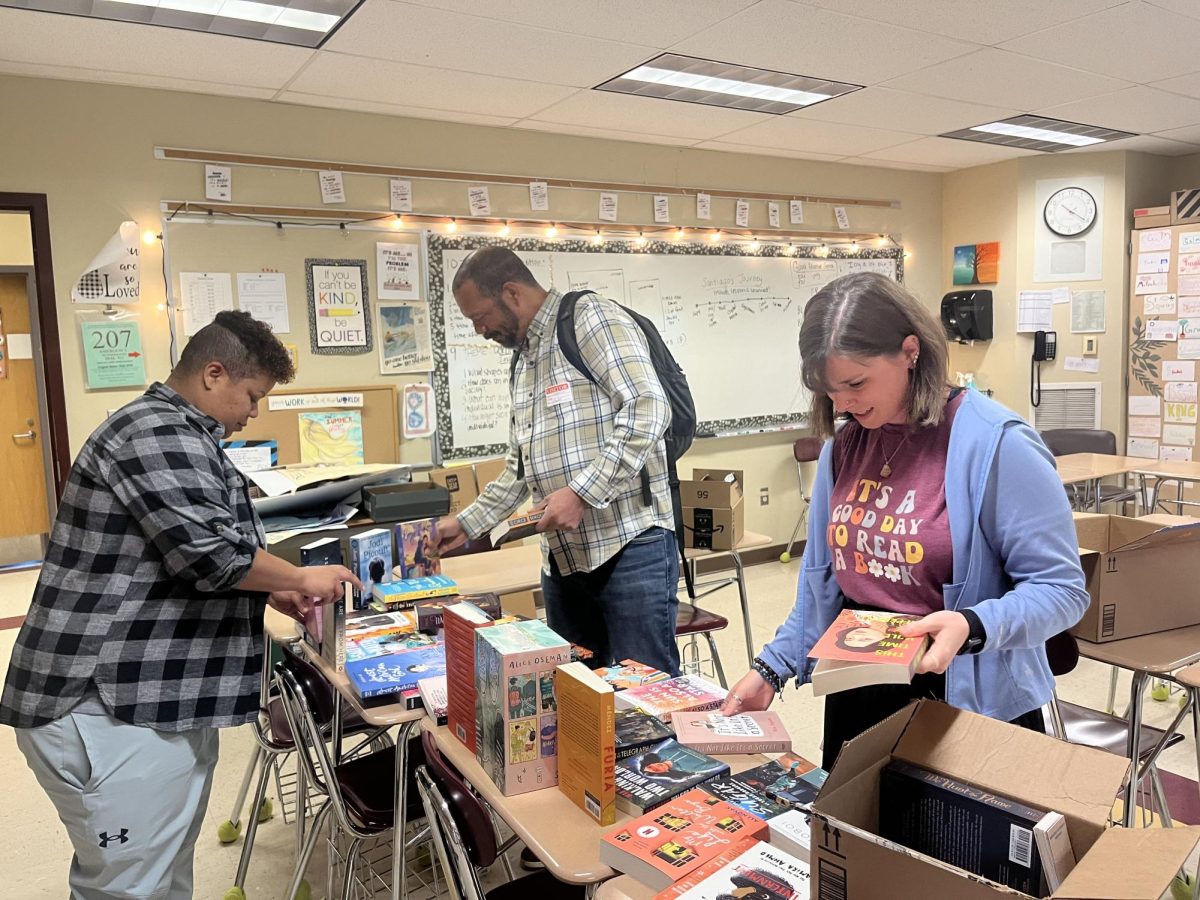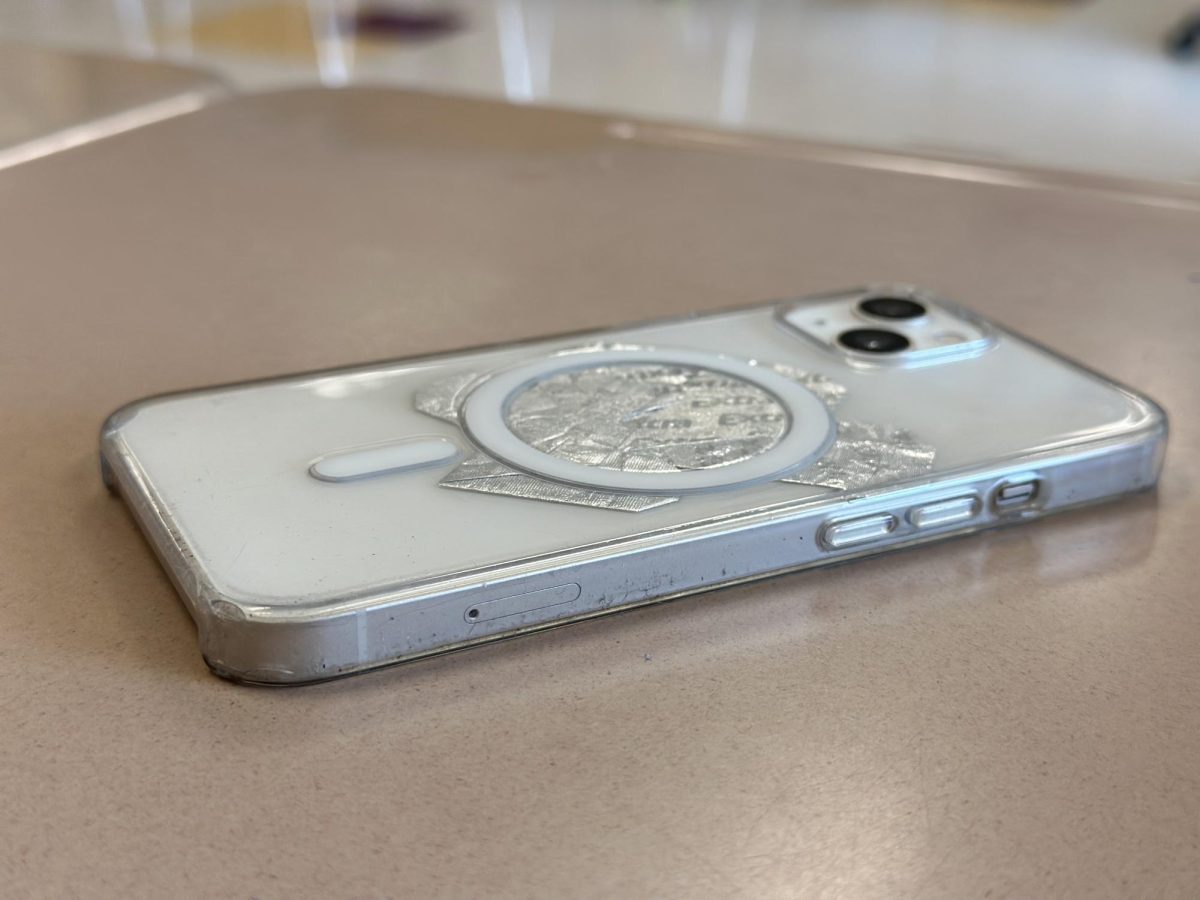“You have to have everything in moderation,” says Ethan Curtin, a Portsmouth High School Junior.
Caffeine is a legal drug that has found its way into the culture and everyday lives of young adults. It has become more conveniently accessible and enticing in the form of energy drinks or Rushes, leading to its excessive use. This seems to stem from the societal habit of morning coffee runs portrayed in movies and marketing that lures in maturing kids that are trying to appear older.
A recent student survey conducted at PHS revealed that out of 150 people, 22.8% have a shared habit of drinking caffeine with their friends, and 21.5% sometimes consume caffeine with friends. While not an overwhelming majority use caffeine as a social connection, it’s a factor worth considering in teenagers’ use of the substance.
More children have started to walk around with iced coffee or refreshers, says Sev Burwell, a PHS Junior that works at the Dunkin located on 531 Islington Street. One cup of iced coffee from Dunkin has 198 mg to 398 mg of caffeine depending on the size, easily surpassing the recommended 100 mg of caffeine a day for teenagers.
It’s well known that caffeine does not have positive long term effects on the body, but it has its beneficial uses. Curtin shares that it allows him to focus better in his morning blocks and results in an increase in the information he retains.
Maria Costa, a PHS nurse, says that caffeine can actually help with headaches. During some types of headaches, the blood vessels in the brain swell and hit other tissue, causing pain. Caffeine will shrink the swelling of the vessels, relieving the pain, according to UCLA Health.
The effects of caffeine on the function of students is not set in stone, says Costa. It affects everyone differently, giving some teenagers jitters while it gives others the ability to focus. Costa encourages others, including herself, to get up earlier to take a walk and get some Vitamin D to decrease use of caffeine.
Outside pressures can also cause the overindulgence in caffeine use such as: school start and end times, amount of homework, social media, and work. From the PHS student survey, 14.9% said if the school start and end time changed, it would affect their caffeine intake, while 19.6% said it maybe could affect their caffeine use.
“I find with balancing school, and work, and homework sometimes it’s nice to just have that boost of energy, especially if you’re just waking up in the morning. I find I focus much better in my first block if I have a cup of coffee or Redbull before,” says Curtin.
Teenagers’ caffeine use is nothing new, says Costa. Since the beginning of her time at PHS in 2012, students’ consumption of caffeine has stayed the same. The only thing that has shifted are the expectations placed on students, necessitating the continued use of caffeine.
Teenagers continue to gain new responsibilities and turn to caffeine that is ingrained in the culture of America, much like adults. Perhaps society can confront the problematic trend of teens’ caffeine use by addressing the underlying issues leading to the dependance of the drug.


